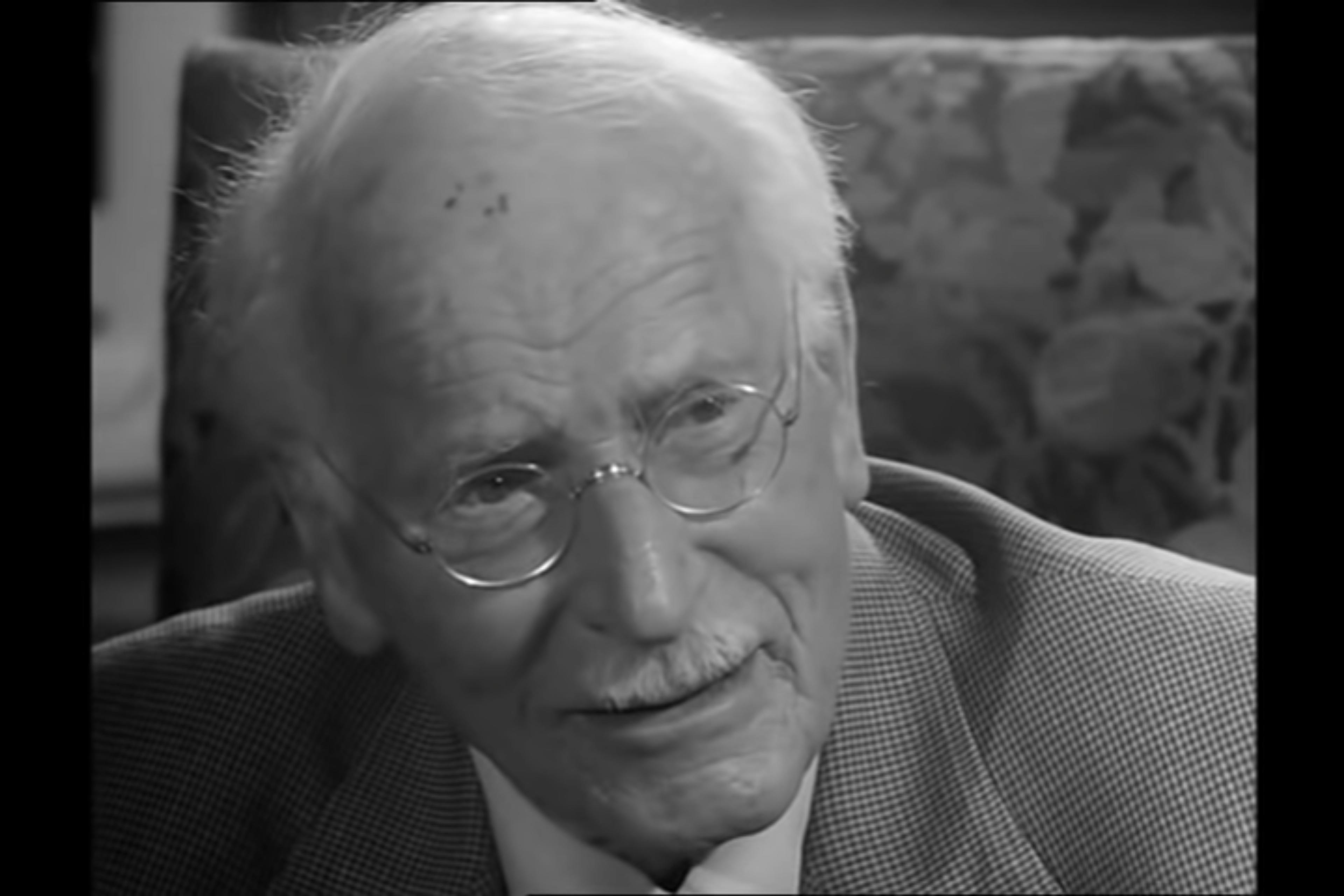
‘Man cannot stand a meaningless life’ – a conversation with Carl Jung at 84
Video by Face to Face

Video by Face to Face

What are we really doing when we sit in a room with our patients and exchange some words?
by Jordan Osserman
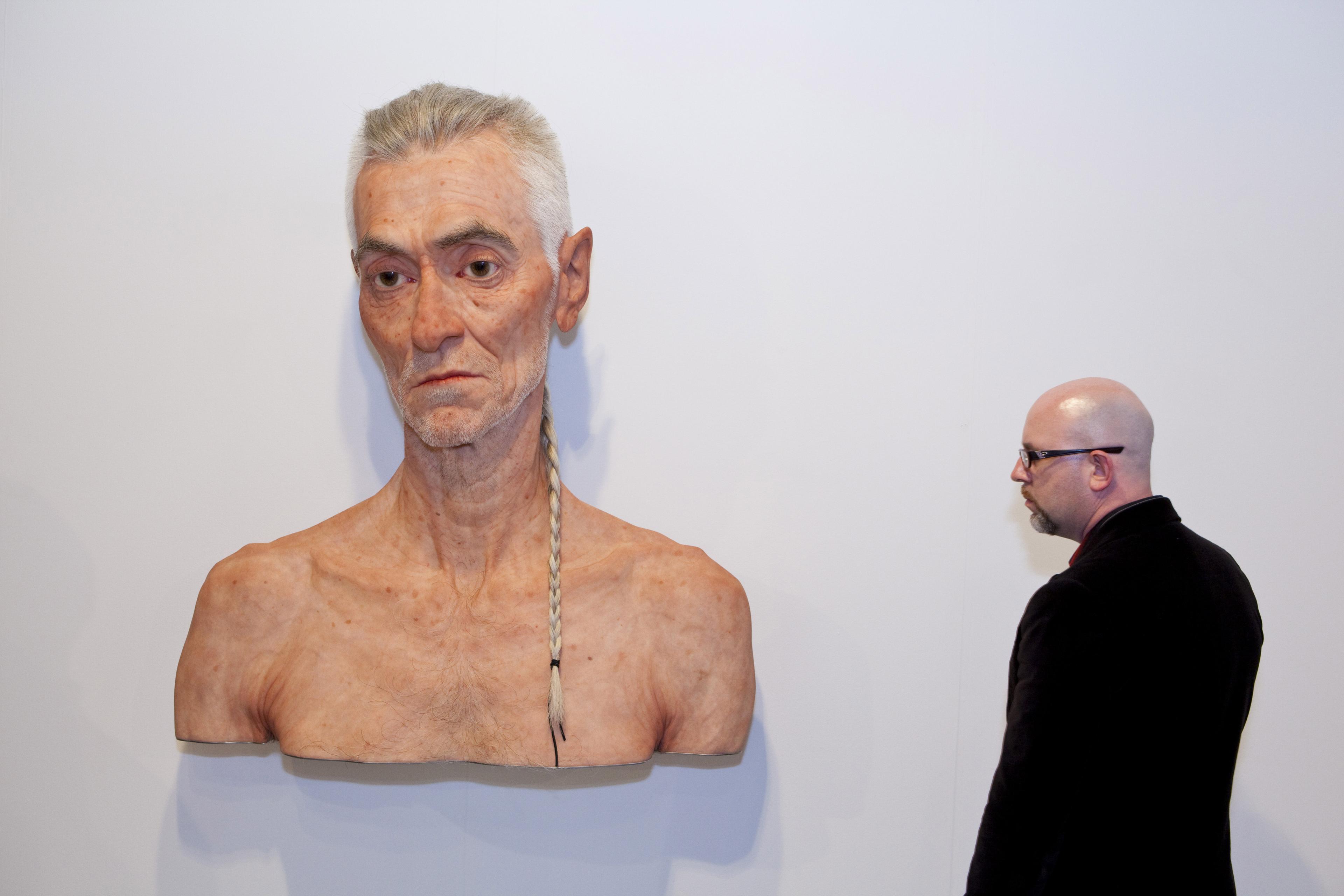
As a psychoanalyst, I’ve seen how reflecting on the emotional symbolism of hair loss can be therapeutic for many men
by Tom Wooldridge
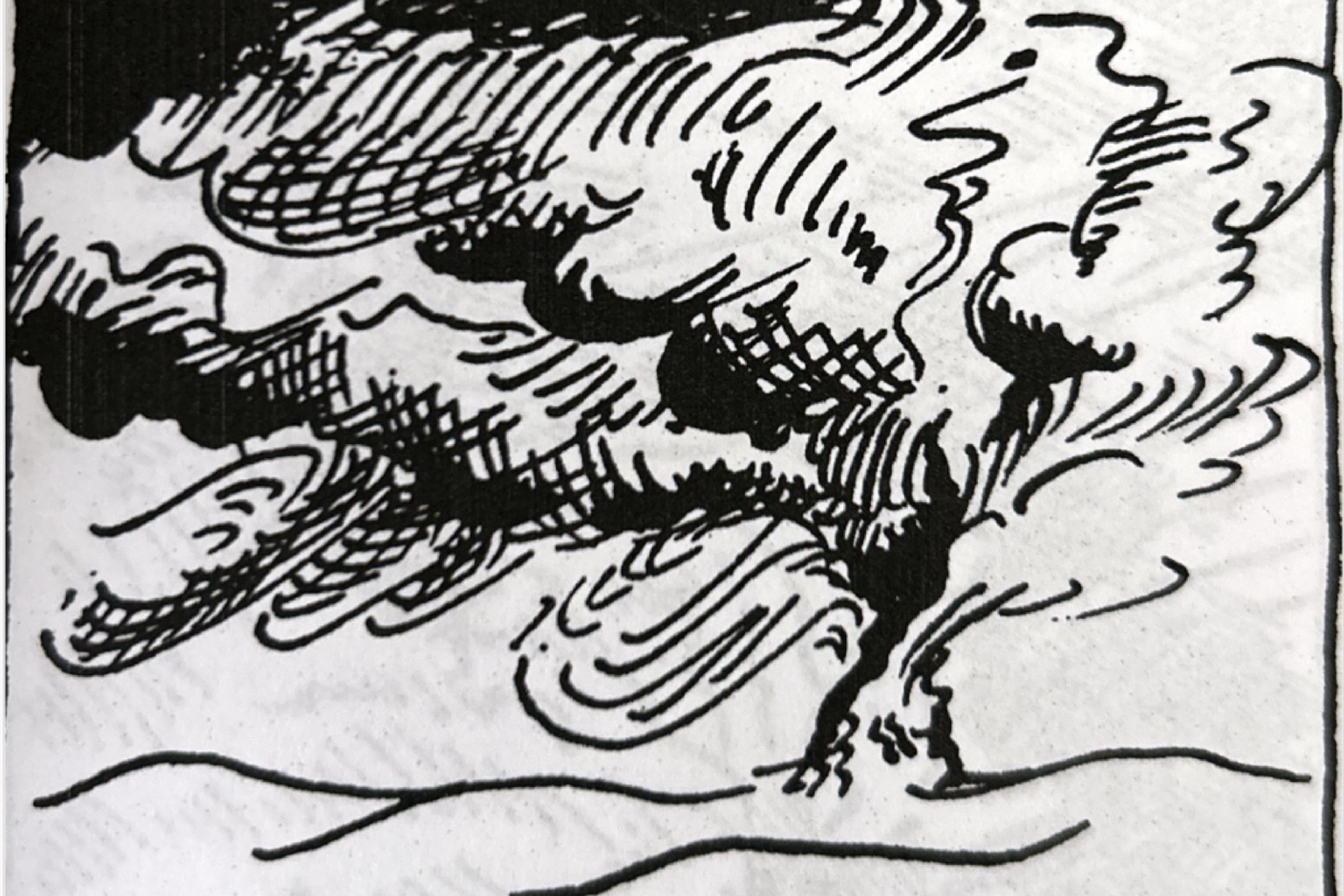
For Marion Milner, ‘not being able’ is a valuable state – one that allows for new and unexpected forms of learning
by David Russell

Jung believed we all have a Shadow self. Facing up to it could help you live more fully and be more forgiving of others
by Ruth Williams
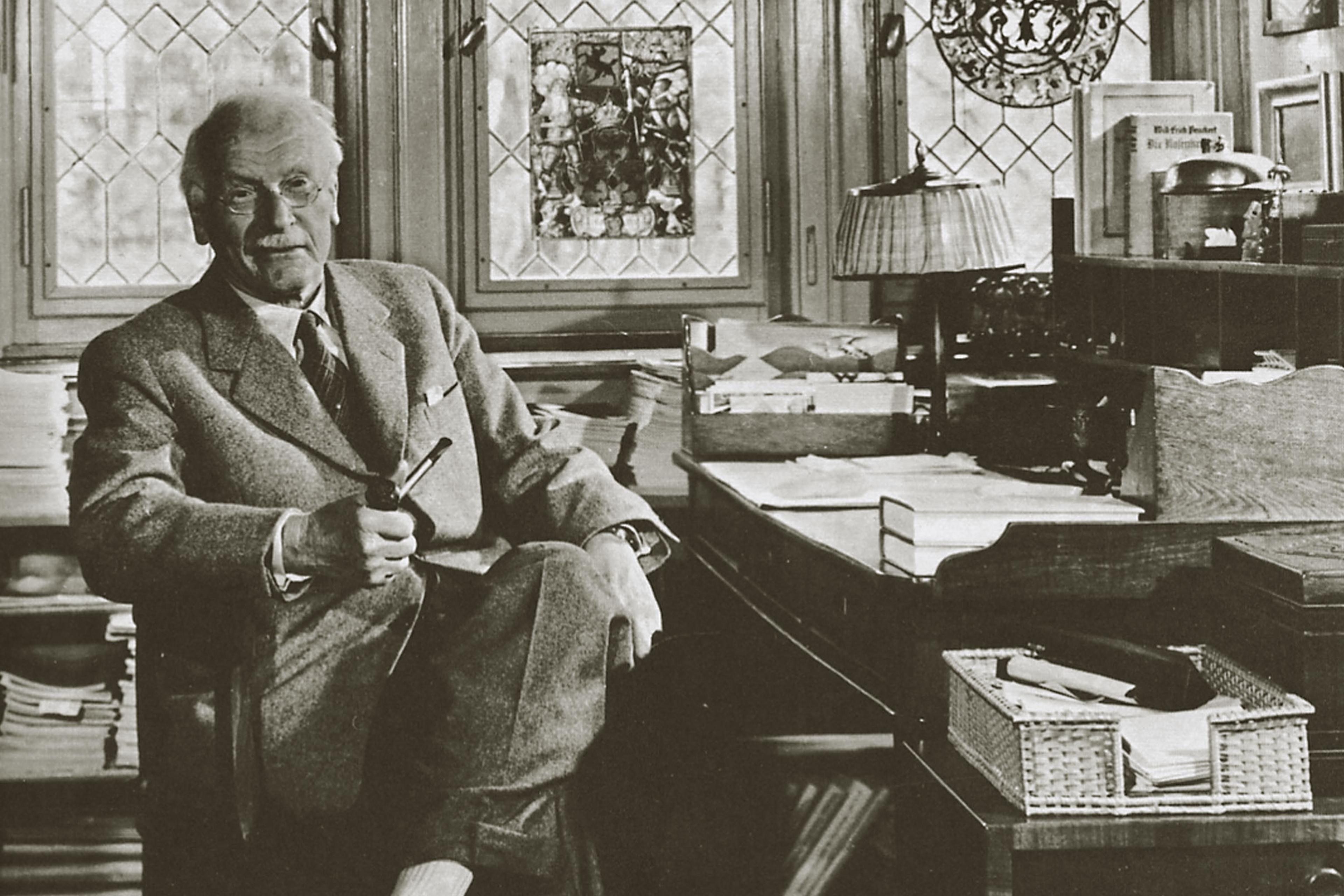
Carl Jung’s approach to architecture is a provocation: how are we creating spaces for the forgotten dimensions of our minds?
by David Borkenhagen
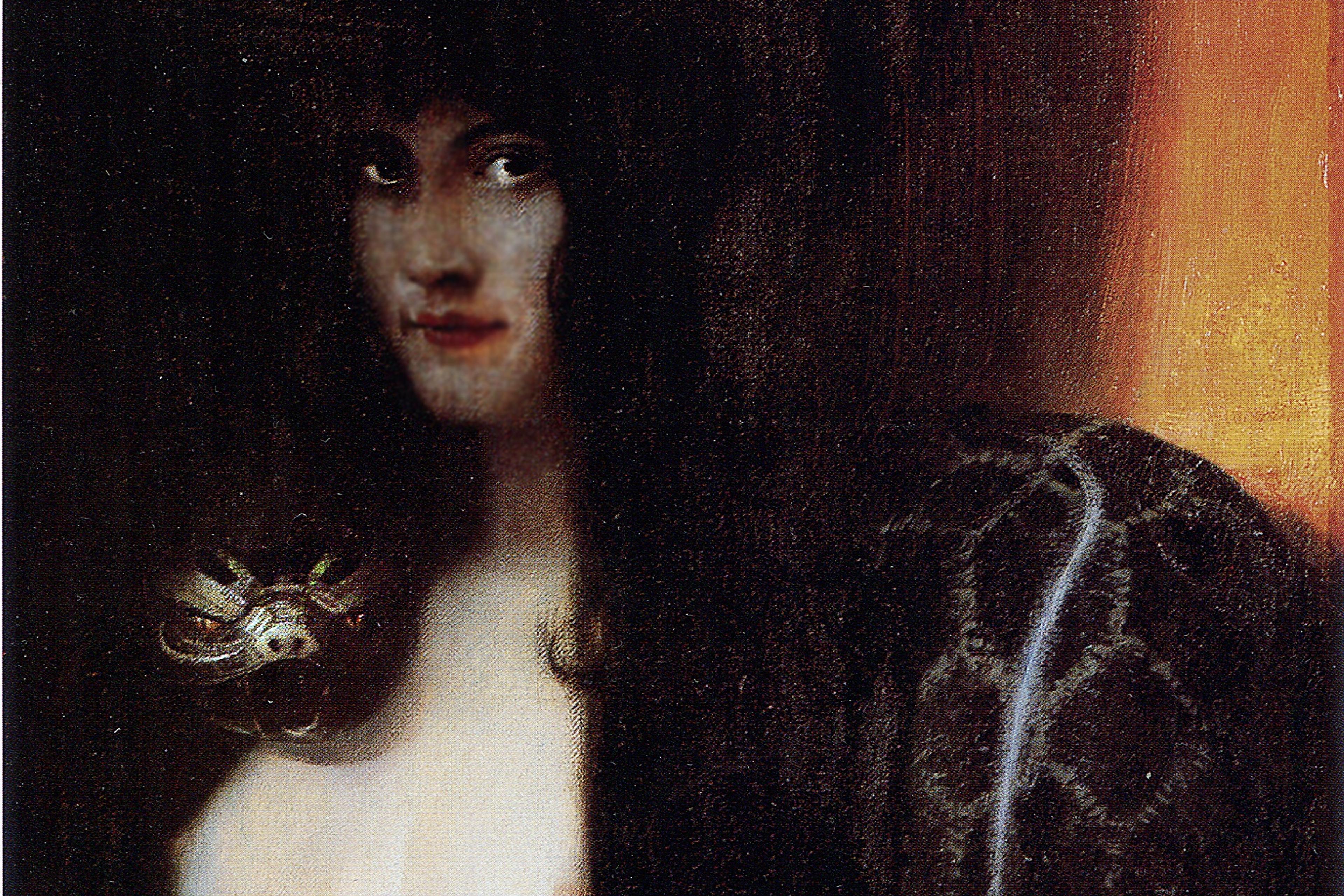
My experiences as a 21st-century femdom echo the gendered themes that feature in Leopold von Sacher-Masoch’s 1870 novel
by Gia Marcos
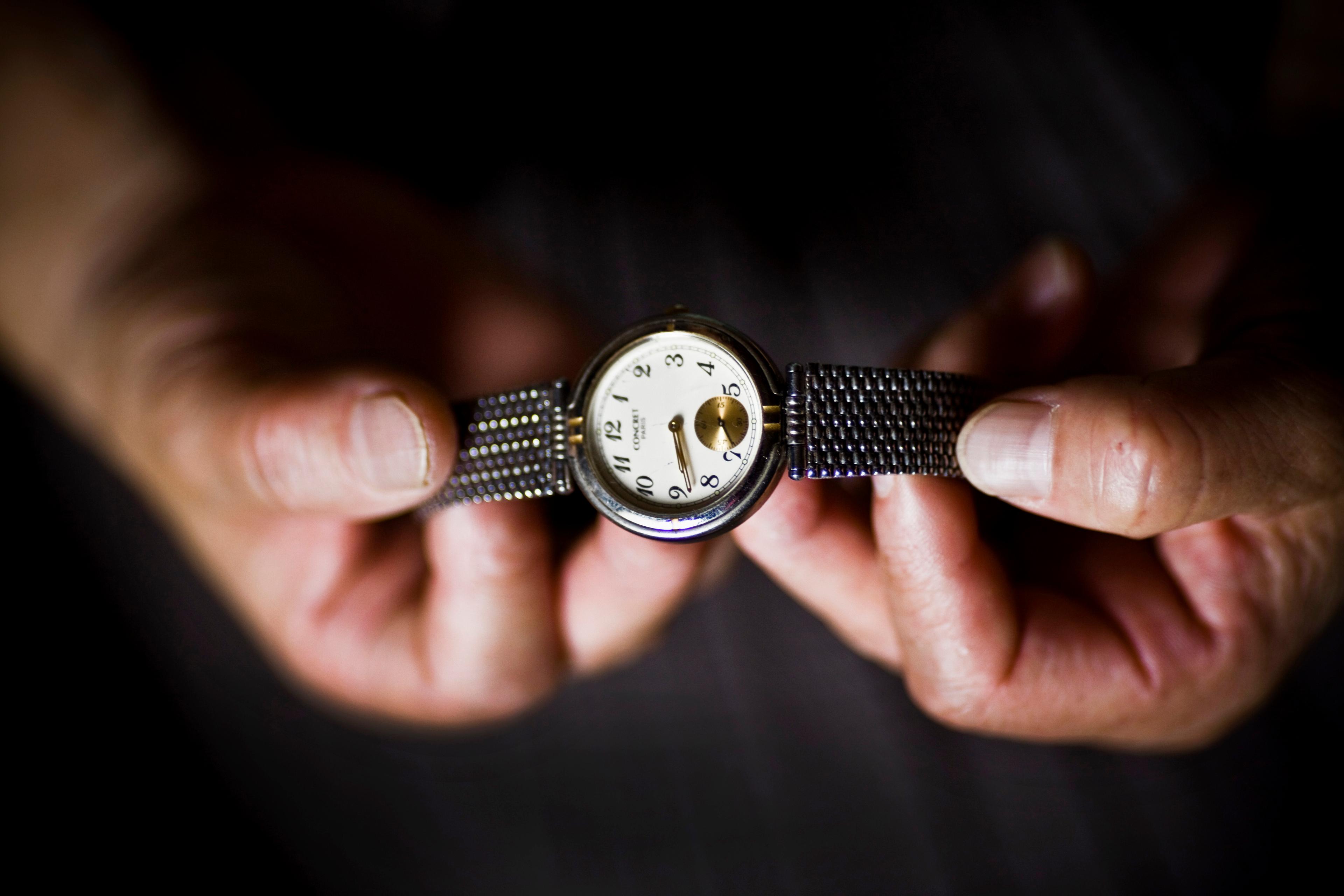
A psychodynamic perspective on suicide can help us all reckon more honestly with the interconnectedness of psychic pain
by Kyle Boyd
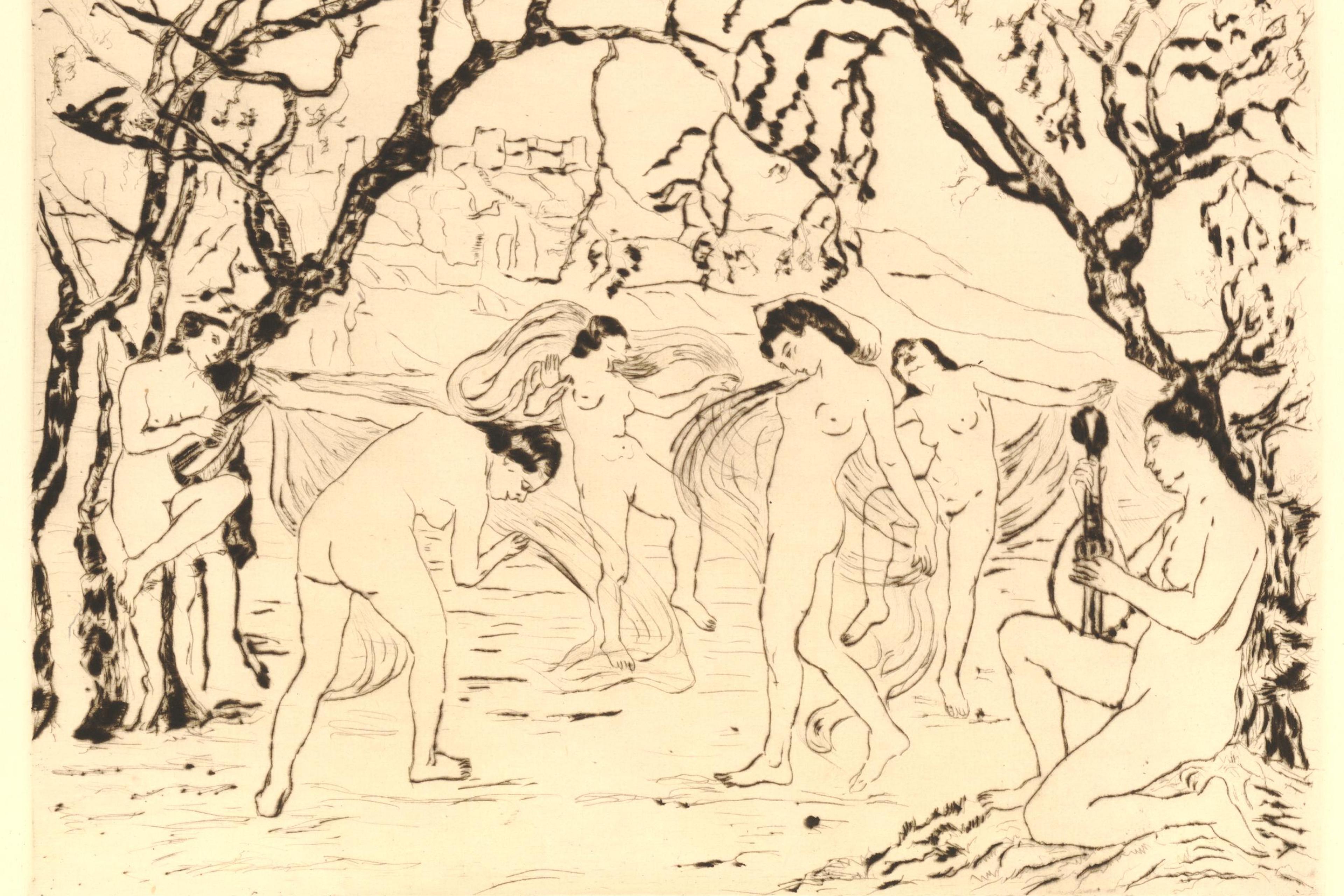
Karen Horney’s challenge to Freudian psychosexual theory helped me say ‘penis’ without flinching in my Cairo classroom
by Heba Yosry
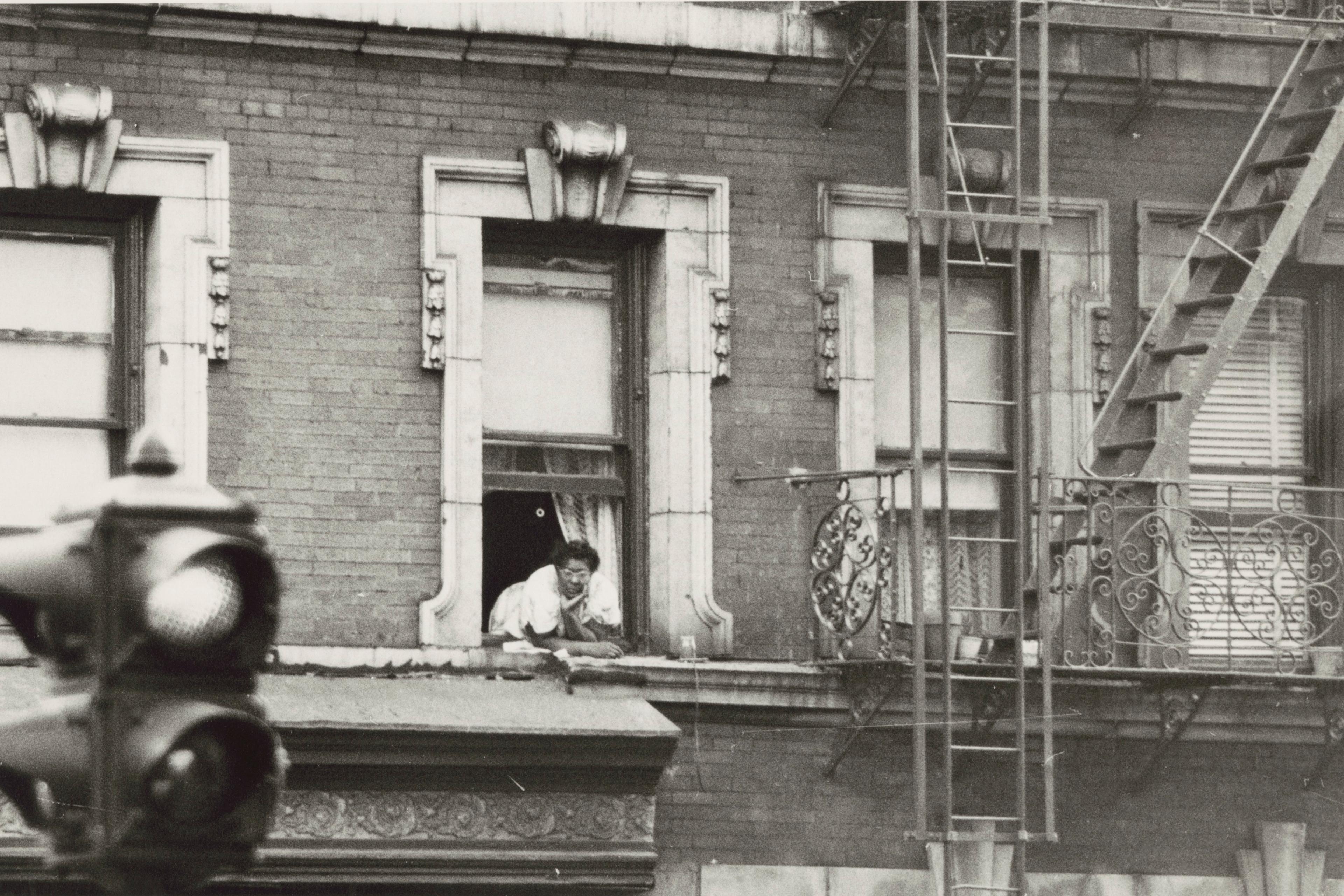
Human bodies and mental states are always transforming. How can the DSM portray the full range of human suffering?
by Christos Tombras
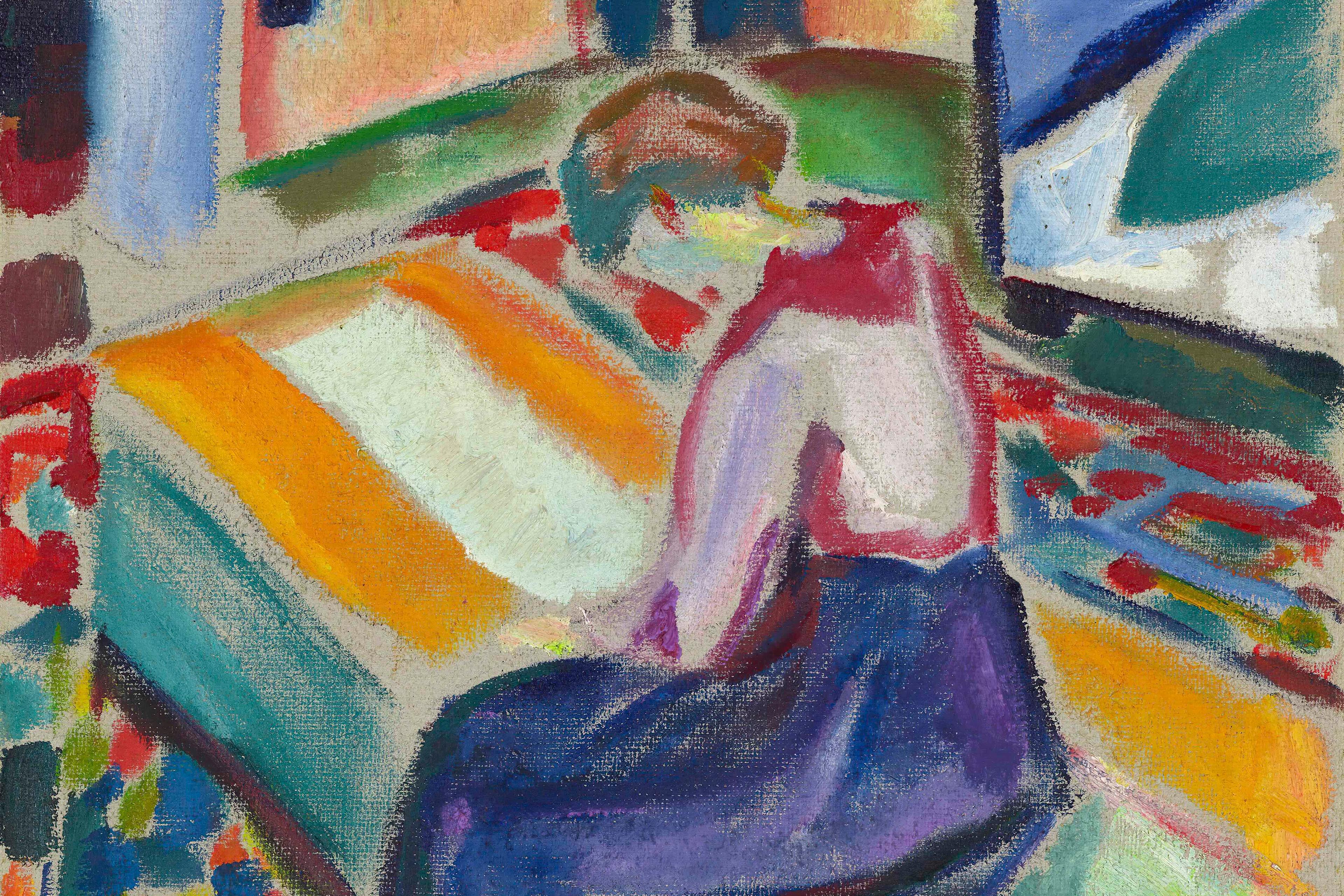
Two therapy memoirs by Lucy Freeman, an overlooked mental health pioneer, remind us of the value of slow, convoluted therapy
by Elliot Jurist
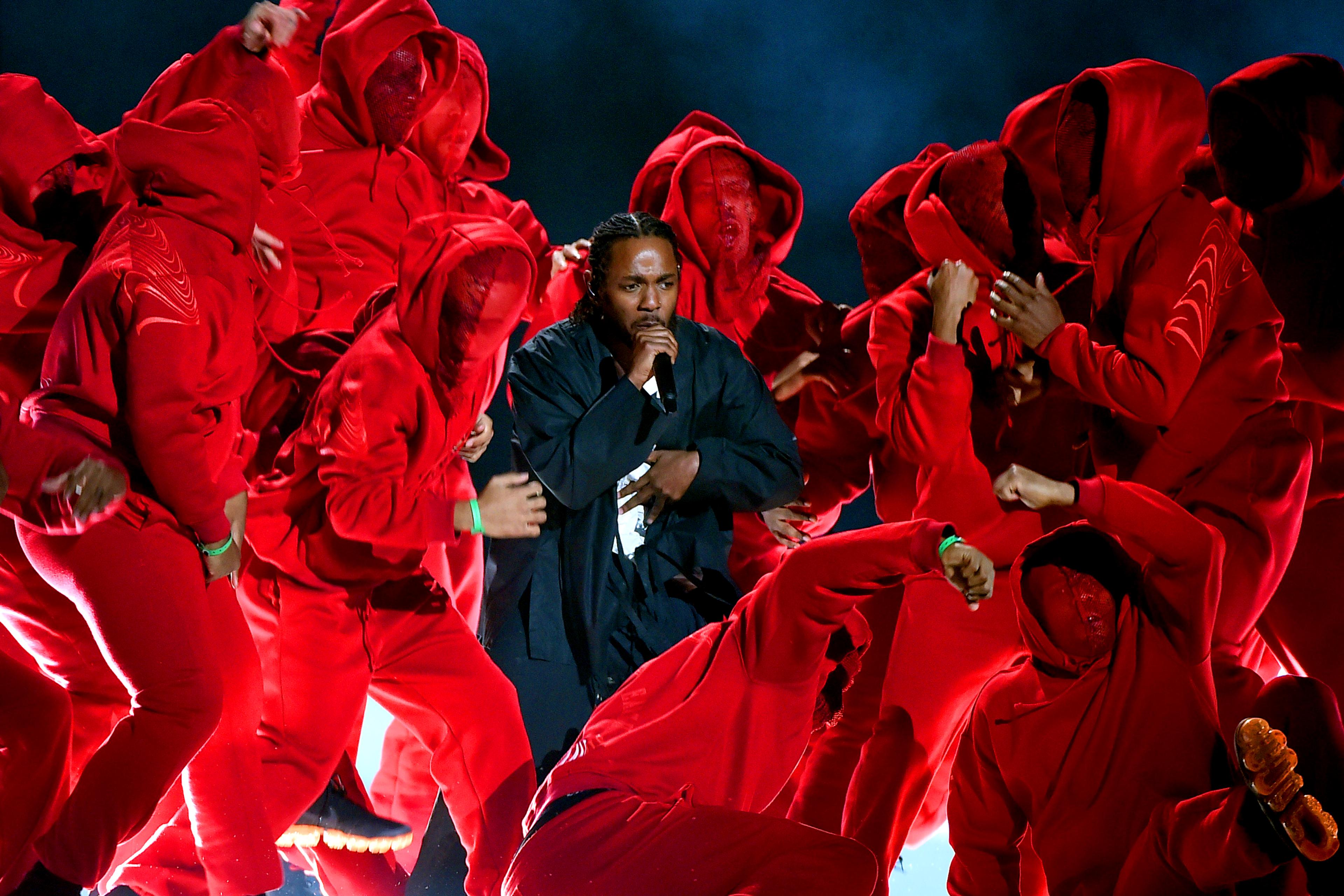
When a patient poses a binary question, it’s tempting to give a straight answer, but they are often seeking so much more
by Darren Haber

Psychedelic experiences, properly digested, offer opportunities for change – and the dreams that follow them can help
by Mackenzie Amara
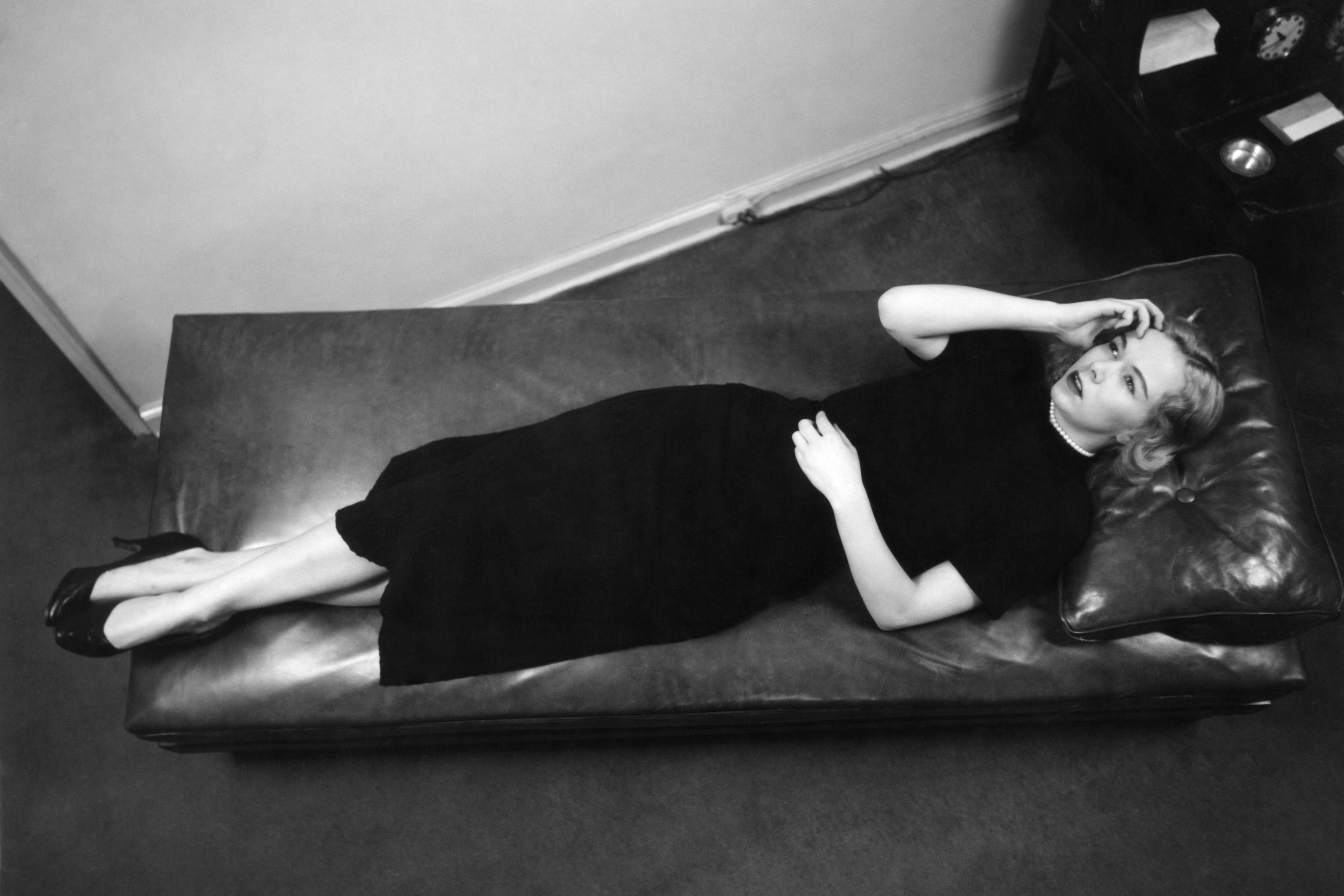
What does successful psychoanalysis look like? I’d read all around Freud and I didn’t know, but then neither did my analyst
by Lisa Levy
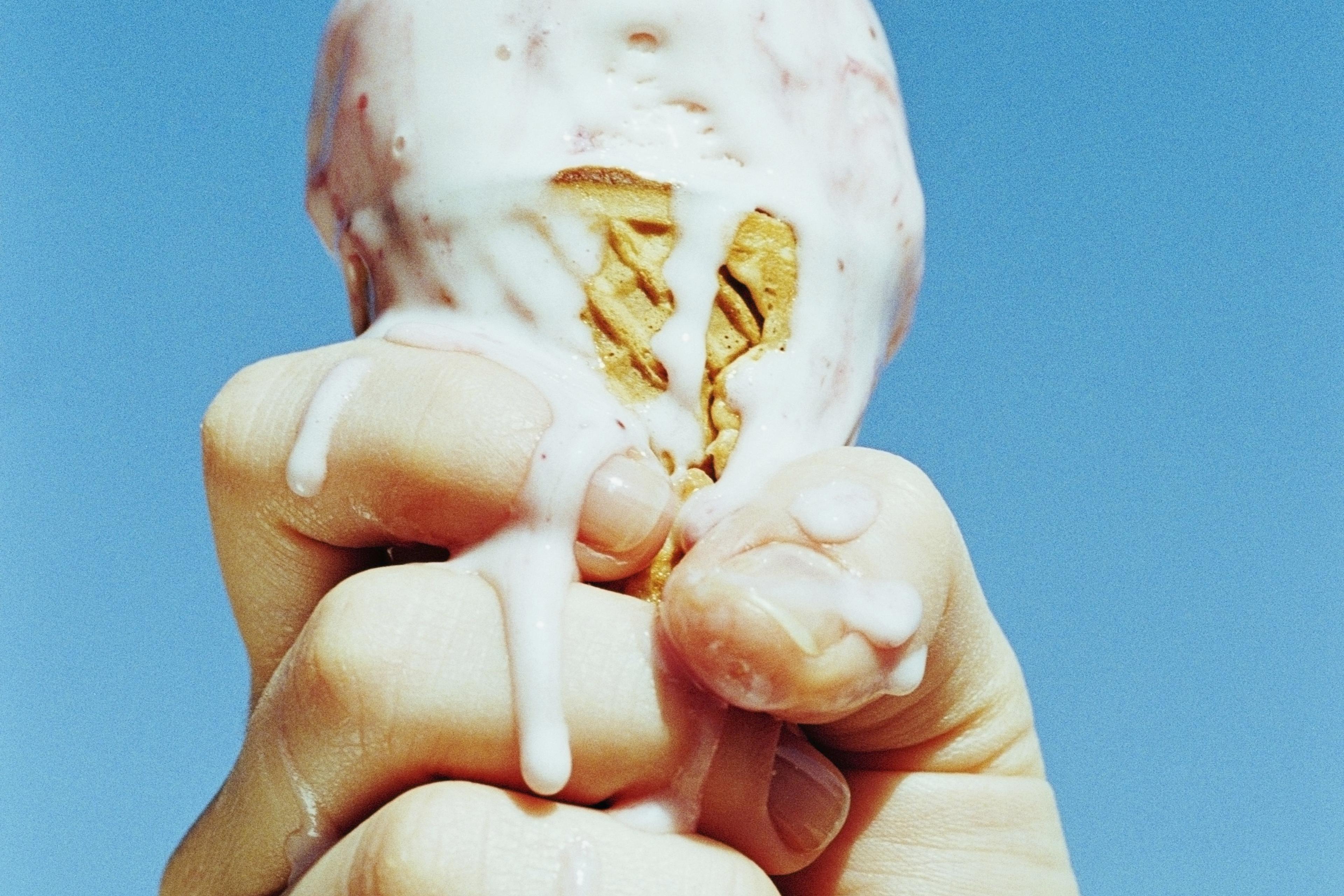
Whether compelled by an inner void, loneliness or boredom, psychoanalysis can help you understand why you seek comfort in food
by Nina Savelle-Rocklin

For Donald Winnicott, your psyche isn’t just in your head – it emerges from your relationships with others and the world
by James Barnes